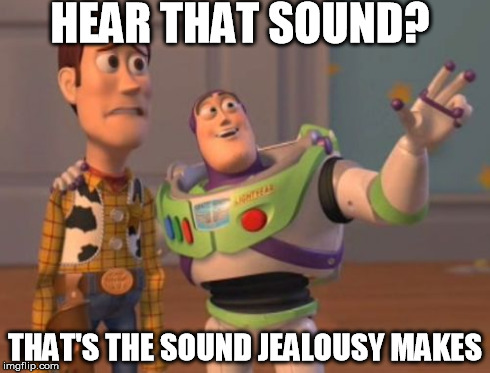There are lots and lots of posts about how lonely and isolating the PhD process can be. I've been on my own for a while, so I guess I didn't pay much attention to all of that. But the last few weeks have hammered it home.
I've been making good progress on my dissertation, and finishing coursework this semester to comp in February, so I've been feeling pretty good.

But yesterday, had one of those days where I was just in a funk. Took an extra long walk with Nehi, and spent some time with the heavyweight bag, so thought I'd defeated the funk. But no. A timely media piece I'd submitted almost a month ago to an online journal got ripped to shreds. So I fixed revision notes. Then I had a situation with a student that made it worse- they were over the absence limit and I'd emailed them to tell them they'd be dropped. They were nasty, and mean, and this was all taking place after 5p (I really have to learn not to answer work emails outside of "office" 9-5 type hours). It's been almost a month since Dad stopped talking to me, and sister is busy, so I don't have anyone to talk to. And suddenly the fact that I'm entirely on my own seems crushing.
And to make it worse, today was more. Editor of above-mentioned article didn't really want revisions so much as a completely different piece. So for the first time ever I refused to revise a piece. It wasn't in my field, and I really just wrote it because I liked the show, so I won't have any blowback from refusing it. And I can't seem to focus on the work that HAS to get done today because my three classes each require a thirty page article and therefore I HAVE to hit page counts on certain days.
More time with the heavyweight bag and three miles with Nehi and still not feeling better.
And suddenly the one-day funk seems to have started last week when I think I delivered a crap presentation in seminar. And then seemed to stretch earlier- the the beginning of the semester when I'm struggling to race through my PhD program and two our of my three committee members are on sabbatical, and I don't have any guidance and I'm on my own.
And now the funk becomes more.
Maybe my article needed to be completely redone because I'm a shite writer and therefore the fact that I'm attempting to get a PhD in English is ludicrous.
Maybe I'm dealing stuff on my own because I'm a horrible person.
Maybe I gave a crap presentation because I'm a crap teacher.
And maybe I don't have any senior scholars encouraging me because no answer is the same as a negative one.
I don't actually believe any of these things. I know I work hard. I know that some people more than others benefit from a good editor. I know that my Dad's baggage has nothing to do with me. And that I need to keep reminding myself of that. I'm the only one who thought it was a crap presentation, I need to learn to cut myself some slack. And maybe, just maybe, I don't get a lot of support because I don't ask for it or appear as though I don't need it.
Because here's the thing- I think it's important for PhD students to remind ourselves that there will be hard days, hard weeks, when believing in ourselves is harder than others. Some days we will feel more alone. Sometimes we are going to feel like we're not going to make the finish line.
But that's the point- we ALL feel like this. We're not alone.
So some days you put one foot in front of the other until you don't have to THINK about putting one foot in front of the other.
And that's okay. Because we will get there. Even if we have to focus on silly gifs for a day to get there.










